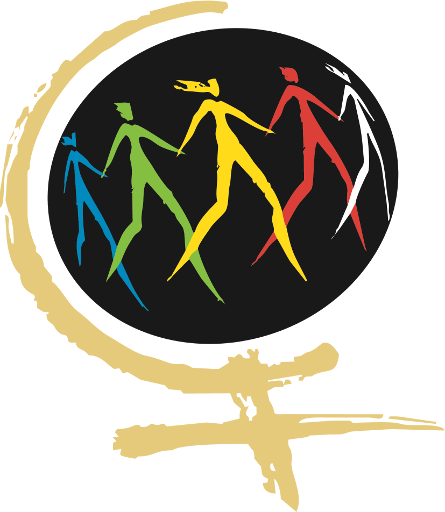
We, women who all over the world suffer the most from the cruel reality of war and who have seen militarization take over civilian life, our territories and our bodies, we have overcome fear and silence and are marching in the same places that have become battle fields, in order to unite our voices in the name of justice and peace.
The history of armed conflicts, genocides and repression is long. The language of violence, at the root of capitalism and patriarchy, and supported by transnational companies, mercenaries and paramilitary forces, brings about war. Some of these wars are present in our daily media, while others have long been forgotten. But the impact and consequences of them all are the same.
In different regions of the world our experiences and testimonies are similar. Women and girls are sexually harassed at military control posts, raped by groups of armed men, to be then rejected by their own communities. Women flee their homes, under a sky of bullets, carrying their belongings and their children on their shoulders, moving towards shelter or an unknown destination, far from their culture and their history, with the hopes of a new dawn. Women and girls are turned into weapons of war, the military target of armed groups. Women and girls are trapped into traffic or prostitution or never return, ending up on the list of victims of femicide.
We have more than enough reasons to organize ourselves and challenge the violence we face. We have had enough of the pretexts used to justify military conflicts such as ethnic or racial discrimination and criminalization of poverty or resistance to injustice.
We have the responsibility to silence weapons by speaking out against the cunning arguments of those in power trying to paralyze us by using false speeches about safety, humanitarian missions and the war against terrorism, while meanwhile, the arms industry, the installation of military bases and the privatization and destruction of natural resources keep growing.
In the Women’s Global Charter for Humanity we declare that peace means much more than a lack of wars, it means ensuring the respect of our rights as inhabitants of this planet. With these goals and visions we keep marching, hands linked together with women and men, social movements and peoples of the world who are working to eliminate poverty and violence and to build a lasting peace.
The World March of Women is a feminist international movement born through and based on action born in the year 2000. Our movement is unstopable and is composed of women’s and grass-root organizations in various countries throughout the world who are speaking out against and working to end the oppression, exploitation and discrimination that we experience.
Since March 8th, 2010, our steps have resonated and our voices have been heard in 52 countries. Tens of thousands women have taken part in national mobilizations based on four fields of action : women’s economic autonomy, common good and public services, violence against women, peace and demilitarization.
Today, October 17th 2010, we have arrived in Bukavu, in the province of Sud Kivu, in the Democratic Republic of Congo where horific acts of sexual violence within the context of war are commonplace. It is in solidarity with the women who resist daily the effects of armed conflicts that we have chosen to close our 3rd International Action in this country.
In 2000, our 1st International Action as the World March of Women, was one of the initiatives that led the Security Council of the United Nations, in its resolution 1325, to admit the impact that war has on women and to include women in conflict resolution processes. However, many governments and institutions sit idly by and let impunity reign. We have continued and will continue to be in action. Our solidarity spreads to all women the world over who are struck by the violence of war and poverty. We will keep on moving, we won’t remain silent, we are strengthening our commitment to continue marching, united by 5 values of the Women’s Global Charter for Humanity: equality, freedom, justice, solidarity and peace.
